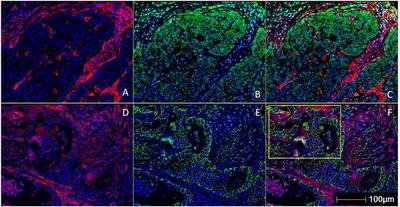SYSTEMATIC REVIEW
Published on 11 Mar 2021
Prognostic Value of Pretreatment Systemic Immune-Inflammation Index in Gastric Cancer: A Meta-Analysis
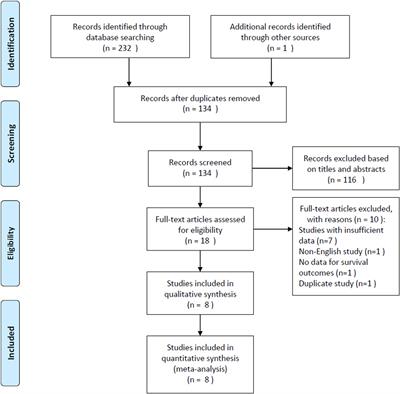
doi 10.3389/fonc.2021.537140
- 2,310 views
- 47 citations
37k
Total downloads
115k
Total views and downloads
You will be redirected to our submission process.
SYSTEMATIC REVIEW
Published on 11 Mar 2021

REVIEW
Published on 08 Dec 2020
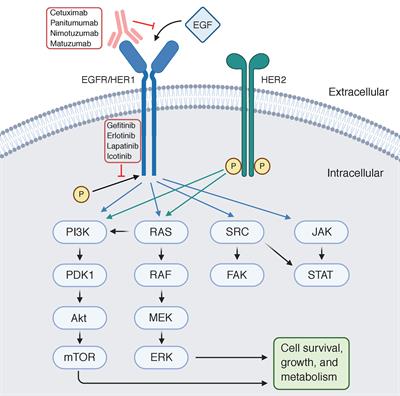
RETRACTION
Published on 28 Oct 2020
REVIEW
Published on 18 Sep 2020
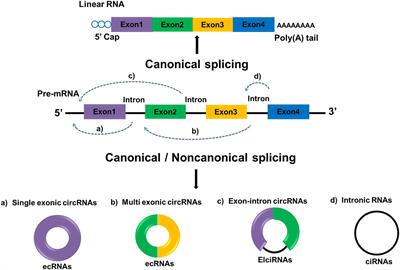
ORIGINAL RESEARCH
Published on 04 Sep 2020
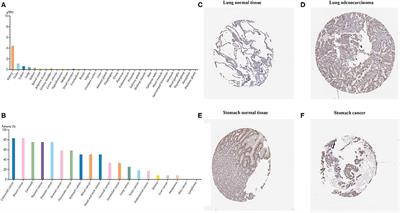
ORIGINAL RESEARCH
Published on 02 Sep 2020
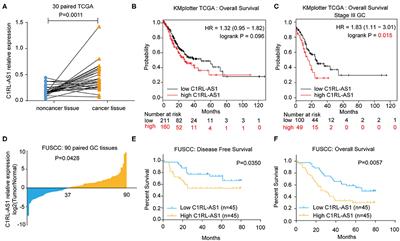
ORIGINAL RESEARCH
Published on 20 Aug 2020
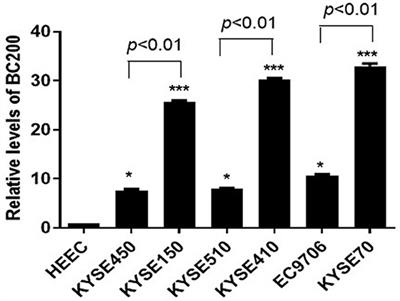
REVIEW
Published on 04 Aug 2020
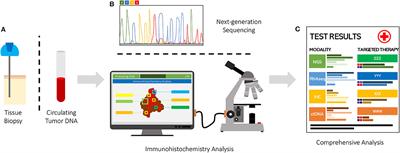
ORIGINAL RESEARCH
Published on 19 Jun 2020
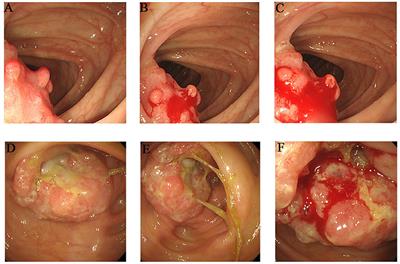
ORIGINAL RESEARCH
Published on 19 Jun 2020
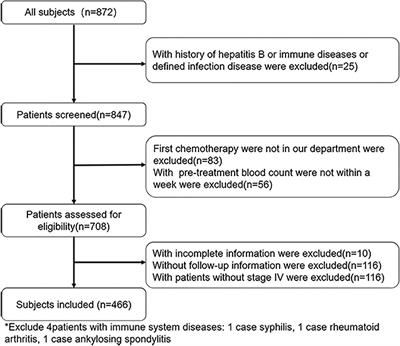
ORIGINAL RESEARCH
Published on 22 May 2020
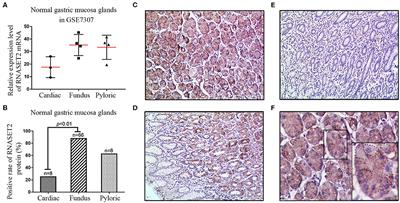
REVIEW
Published on 15 May 2020
